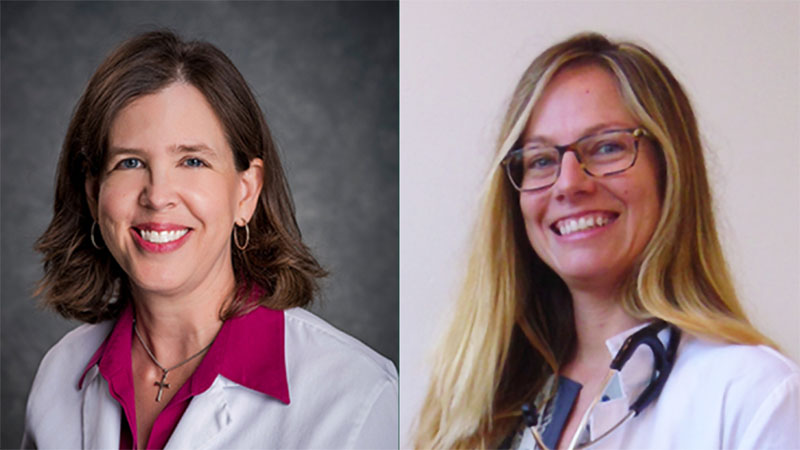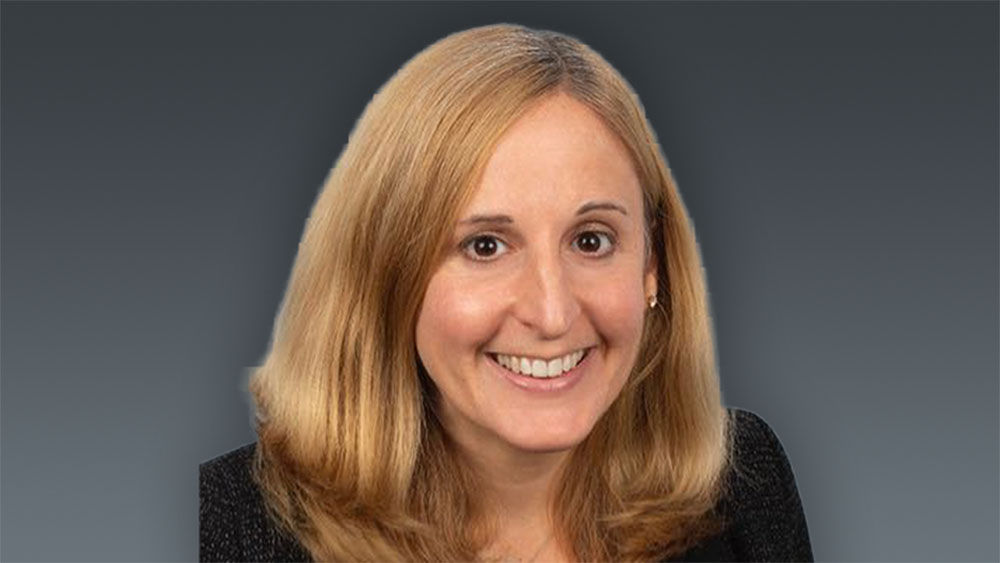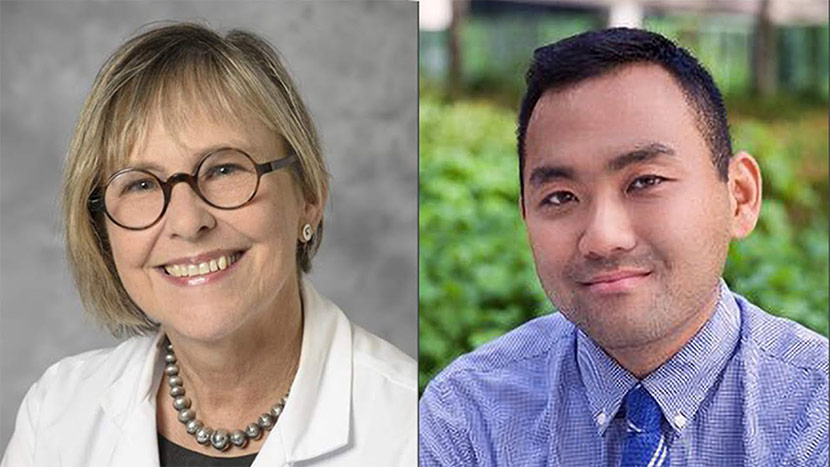“The current ‘care system’ provides disjointed specialty services, ignores the challenges of living with disabilities, tolerates routine errors in medications and transitions, disdains individual preferences, and provides little support for paid or volunteer caregivers.”
This quote is from an amazing and brilliant viewpoint by Dr.Joanne Lynn on how the US health system and Medicare are failing to meet the needs of frail and disabled elders. As Dr. Lynn notes, this is an issue that that is virtually ignored in the media, political discourse, and professional education. The vast majority of persons who live into their 80’s and 90’s will live with a prolonged period of disability in which they will need help because of physical and cognitive problems.
Older people and their families facing the problems of late life disabilty are faced with a Medicare system that offers unlimited resources to spend on disjointed disease-focused medical care. But older persons and their families also need supportive care. This includes help with basic activities of daily living such as bathing and dressing, help with meals and managing money, and transportation assistance. Medicare pays virtually nothing for these services that are often far more importand than the procedurally oriented care frail seniors get.
Lynn recommends 4 things that need to be done to assure better care for frail older persons
- Honest discussion: We should stop deluding the public with the message that late life frailty is a preventable problem. Of course good health habits should be encouraged. But most who do all the right things will still have a period of disability when they reach advanced age. Let’s stop telling the public that exercising and eating blueberries will avoid this problem. Let’s instead talk about how to maintain good quality of life in elders with late life disability.
- Better advance care planning based on each elders goals that targets care and services based on each elders individual needs. (Maybe we can call these “life panels”)
- Care delivery in the elder’s home. For disabled elders, just making it to a doctors office can be an insurmountable hurdle.
- A care system that embraces long term supportive services and medical care as equal partners. As Lynn notes, “food, transportation, and direct personal services are often more important than disabetes management or chemotherapy.”
Dr. Lynn has hit the ball out of the park with this wonderful Viewpoint–the two pages are full of wonderful insights.
by: Ken Covinsky (@geri_doc)



